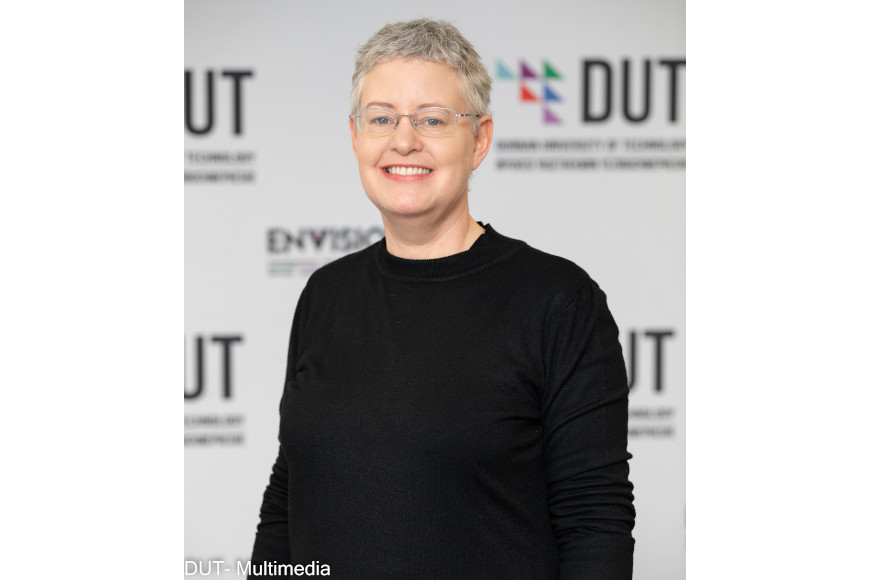To improve the quality of doctoral supervision and support for doctoral students in humanities, the Durban University of Technology (DUT) is embarking on a multi-institutional Decolonised and Collegial Doctoral Support Programme.
According to the DUT Programme Coordinator, Professor Runette Kruger, Executive Dean of the Faculty of Arts and Design, this Programme was awarded a grant of R7 million and is coordinated through the University of Johannesburg (UJ) and will be implemented in several participating institutions which include: DUT, UJ, North West University (NWU), University of Pretoria (UP), Nelson Mandela University (NWU) and Cape Peninsula University of Technology (CPUT). The Programme is funded through the University Capacity Development Grant (UCDG), which forms part of the funding mechanism that the state uses to allocate funding for capacity building and support in higher education.
Prof Kruger emphasised that this Programme aims to contribute to knowledge production and quality in postgraduate experience and outputs in South Africa by piloting a decolonial and collegial approach to strengthening doctoral training at six South African higher education institutions.
Unpacking the plans of the Programme, Prof Kruger said 15 doctoral candidates will be selected per institution each year to form a research collective. The doctoral cohorts will have six weeks per year of intensive course work over the next three years, hosted by UJ. The course work is set to address key challenges in advanced research methods and encourage the incorporation of structured learning in doctoral programmes, in line with the international postgraduate practices.
“Candidates will be paired with peers addressing similar areas and an interdisciplinary team of supervisors. This is envisioned to dismantle hierarchical power relations in one on one supervision and enable interdisciplinary collaborative learning and writing. One supervisor learning forum will be established in each institution which will focus on decolonised supervision. Seven supervisors in each institution will attend workshops and reading groups,” explained Prof Kruger.
Furthermore, DUT will participate in a cross-institutional Think Tank envisaged to facilitate institutional partnerships that address the national goal of growing the doctoral cohort and quality supervision.
Prof Kruger is excited that DUT will be part of this empowering project and she is looking forward to collaborating with the various faculties and offices within DUT in ensuring that the programme’s goal of strengthening doctoral training in the humanities is achieved.
Interested candidates should look out for information which will be shared via the DUT official communication platforms.
Pictured: Professor Runette Kruger, Executive Dean: Faculty of Arts and Design.
Photographer: DUT Multimedia.
Simangele Zuma

